UN SDG 2030 and how we are affected
UN SDG 2030 • Our Work • Our Future
What can we do at our work to be part of the fulfillment of these goals.
We actively support (only) some of the UN SDG 2030 that are directly linked to our work.
The goals as a whole are published on the Switzerland Government Website.
We as Switzerland located People and Company take these Structure as a base reference.
3 different areas located
The identified areas of our work can be abstract covered by:
- Wearable devices for visually impaired people
- Systems that generate, distribute and store decentralized energy efficiently
- IoT as a general means to support efficiency in creation, growth and transport of goods and mobility, sometimes to manifest the value chain and truth with blockchain means.

SDG 2030, goal 1
We support chapter 1.4
1.4: By 2030, ensure that all men and women, in particular the poor and the vulnerable, have equal rights to economic resources, as well as access to basic services, ownership and control over land and other forms of property, inheritance, natural resources, appropriate new technology and financial services, including microfinance.
Visually and hearing impaired people are directly affected due to their disability. They can rarely avoid their disability or can rarely receive aids that can alleviate the disability. The actual potential of the person cannot develop. The disabled person, especially if she/he is blind, is typically unable to move independently or perform any activity that corresponds to the person’s potential in poorly developed areas of the world. Often this person lives on the margins of society.
Our myE&E product “sense” is a 100% self-developed, inexpensive, robust, smart and wearable device that can significantly improve the navigation and orientation ability of blind people. These improvements can be achieved especially with the white cane.
Organizations that help blind people receive these devices particularly cheaply than on-site service providers and are subject to a maximum price commitment that must be below our specified price. At the same time, we try to find sponsors who support devices in particularly poor areas of the world.
We offer a version of the device with a photovoltaic supply, which allows the device to be supplied in areas without energy support.
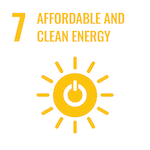
SDG 2030, goal 7
We support chapter 7.2, 7.3, 7b
7.2: By 2030, increase substantially the share of renewable energy in the global energy mix.
7.3: By 2030, double the global rate of improvement in energy efficiency.
7.b: By 2030, expand infrastructure and upgrade technology for supplying modern and sustainable energy services for all in developing countries, in particular least developed countries, small island developing States and landlocked developing countries, in accordance with their respective programmes of support.
The generation, distribution and storage of decentralized energy is one of the main challenges of renewable forms of energy, since the heterogeneity of generation, storage and distribution can only ensure the required independence from day, night and weather. Similar to the Internet, the distribution must be able to regulate itself. This is currently being discussed in many other places.
We want to offer systems that allow a smart grid for generation, storage and distribution. We start with a smart energy regulator “neuroc”.
With the Sono Sion as a Mobile IoT Lab, we will allow organizations, companies and universities to better evaluate and understand the possibilities of eMobility. In this environment, efficiency measures are developed that correspond to the goals of more efficient generation, storage and distribution.
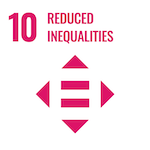
SDG 2030, goal 10
We support chapter 10.2
10.2: By 2030, empower and promote the social, economic and political inclusion of all, irrespective of age, sex, disability, race, ethnicity, origin, religion or economic or other status.
We summarize here a partial aspect of goal 1 (blind people) and goal 7 (decentralized energy supply) and expand this to the chance for every person in providing basic needs for energy, mobility and social skills (work, communication, independence). These allow equality to be “equal” by providing technical means.
We are aware that this is a marginal side effect. Nevertheless, we think this aspect is important because we invest in it with the limited resources we have.
We hope that our engineering products in the field of IoT, blockchain can improve the value chains during transport.

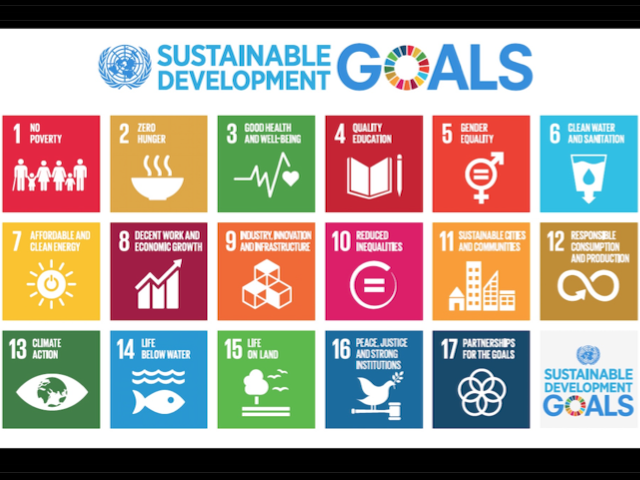
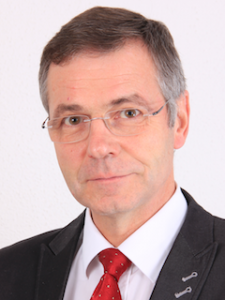
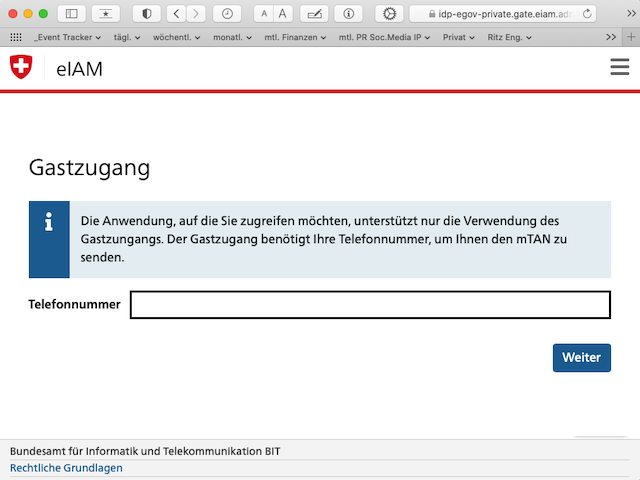
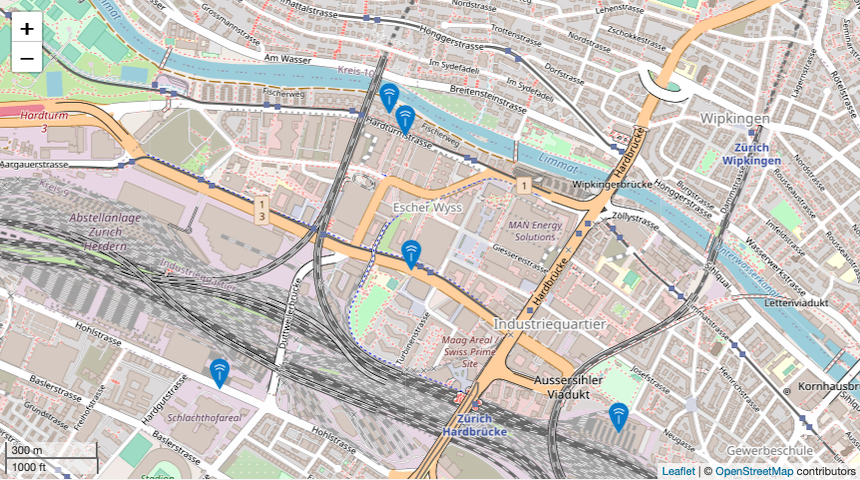
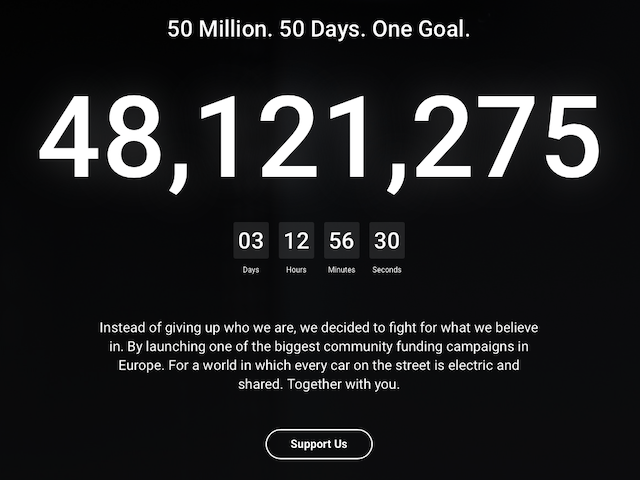
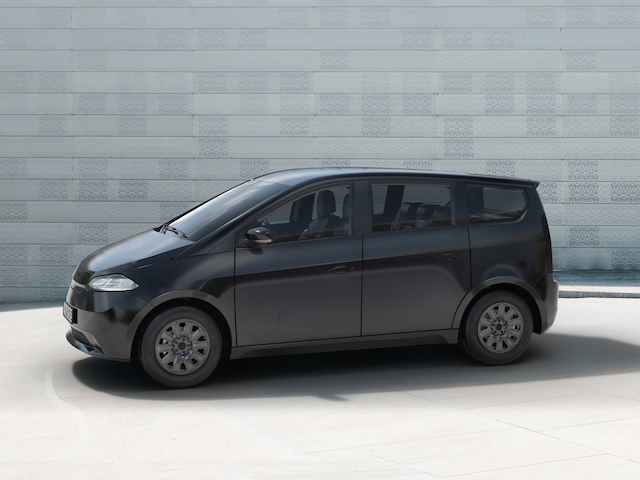
Comments